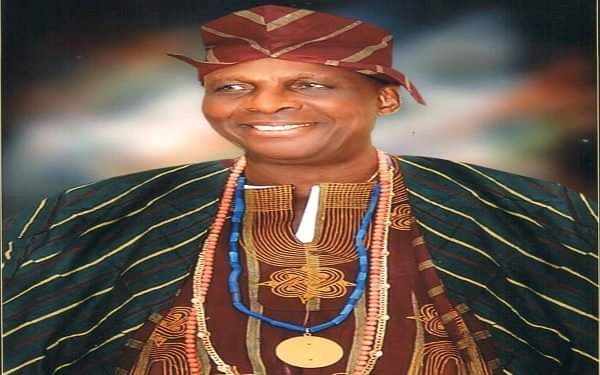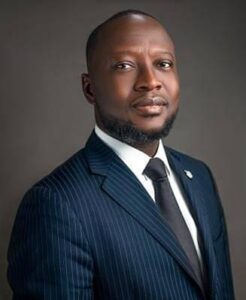
Chief Bode Akindele, who died on June 29, at the age of 88, earned his characterisation as a business magnate and philanthropist. He was worth $1.19 billion, according to a survey conducted by Ventures Africa and published in The Telegraph of UK in 2013. He was probably worth more when he died.
His wealth was traceable, which reinforced his prosperity. He was the founder and chairman of the Modandola Group, one of the biggest indigenous conglomerates, which has its headquarters in the United Kingdom and is involved in the maritime, manufacturing, real estate, financial and flour milling sectors. Subsidiaries of the Modandola Group include Standard Breweries, Ibadan, Diamond Foods Ltd, Ibadan, United Beverages Ltd, Ibadan, Associated Match Industry, Ibadan, and Standard Flour Mills in Lagos.
He also owned the Fairgate Group, an England-based company that deals in properties, with tenants including prominent retail stores Sainsbury and Asda Walmart. The Fairgate Group was reported to be worth more than a billion pounds sterling.
Akindele had further demonstrated his philanthropy as Nigeria faced the COVID-19 challenge. In April, he donated N50 million to the Federal Government, and N25 million each to Lagos and Oyo states, totaling N100 million, to support the battle against the novel coronavirus. It showed his concern for others.
Decades earlier, in 1985, he had established the Bode Akindele Foundation (BAF) which focused on youth projects. The BAF annually empowers more than 1,000 individuals through entrepreneurship programmes in collaboration with the Good Worker Ministries International, the University of Ibadan and the Federal University of Technology, Akure.
“The primary objective is to develop millions of focused and well-oriented Nigerian youths as innovators, entrepreneurs and leaders. My inspiration through God’s help is to be of benefit to mankind,” Akindele explained. He built the ARAMED Medical Centre, Ibadan, which is a testament to his sense of social responsibility. His traditional title, Parakoyi of Ibadanland, signified his importance in the community where he was born.
After his secondary education at Lisabi Commercial College, Abeokuta, Akindele chose the path of business. His choice might have been influenced by his mother’s success as a trader said to be the first woman to go on a pilgrimage to Mecca from Ibadan. He was said to have registered his first company at the age of 20, “sourced for goods from anywhere in the world” and “sold everything, including medicine.”
He had stints as secretary to an assistant district officer and assistant manager with the United Africa Company (UAC). He later joined the Western Nigerian Union of Importers and Exporters. He bought land in Agege, Lagos, and built a cocoa warehouse. He later became a shipping agent.
Akindele was said to have struck gold when “he bought a Swedish match manufacturing company which he later shut down and gained full control of the global match market, making him the controller of over one-third of the world match market.”
“Many people believe the secret to running a successful business lies in going to a business school,” he observed in an interview when he was 86. “Business schools broaden one’s horizon. It is good and there is no harm in acquiring knowledge. Mind you, the world is changing and if you want to use my own business model that I adopted 40 or 50 years back it may be outdated and may not work. But one thing that never fails is discipline and hard work.”
Indeed, Akindele’s remarkable success story, with its international colour, reflects the value of hard work and discipline. As a billionaire who believed that “you don’t have to be in politics before you contribute your quota,” he demonstrated that personal wealth should be for a purpose, including giving back to society.
-The Nation













